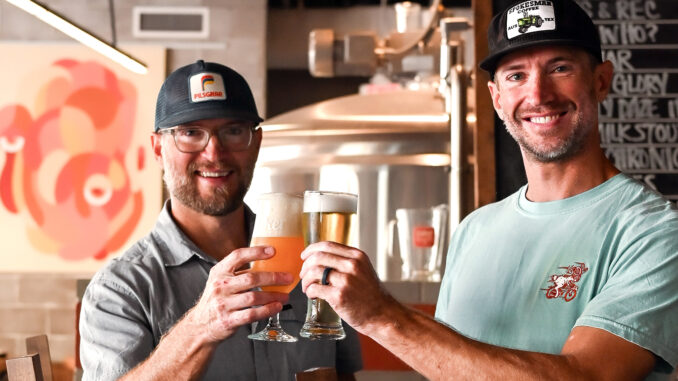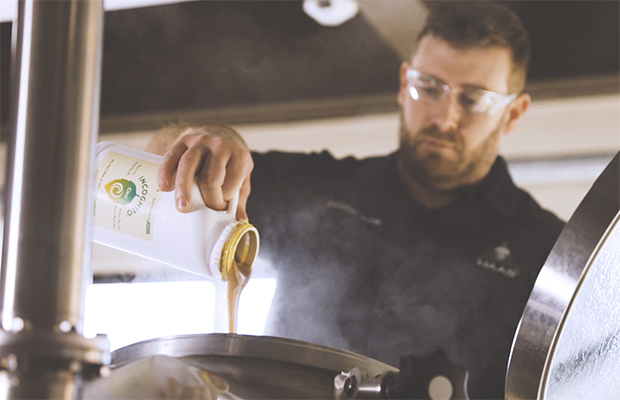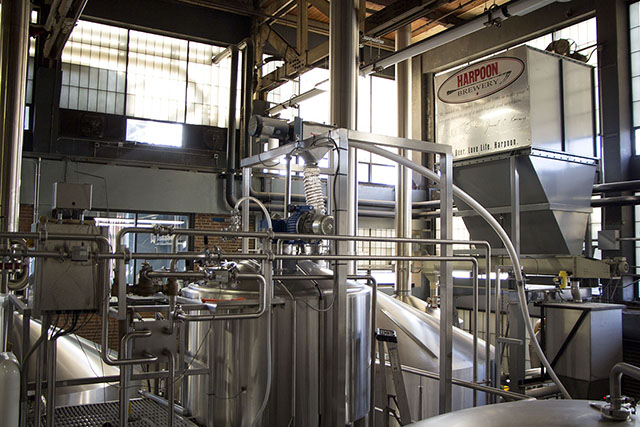
For Patrick Clark, the last 10 years have felt both fast and hard-earned. The co-founder of Zilker Brewing Company launched the East Austin brewery with friends in 2015, entering a competitive craft beer scene with high hopes, a lot of passion and, by his own admission, not enough planning.
“To be honest, we were a bit naive about what it would take to run a brewery,” Clark told Brewer. “We wanted to brew great interesting beers and develop a fun beer brand, but didn’t really have many concrete goals or a mission in place.”
That early lack of structure didn’t stop Zilker from surviving, though. In a state where only 35-40% of breweries make it past their 10th anniversary, Zilker’s longevity is notable. The team’s ability to learn on the fly, build loyal local support, and evolve its business model helped keep the business alive during turbulent periods, particularly in its first five years.
Being native to Austin gave Clark and his co-founders an early edge. They understood the city’s vibe, its appetite for creativity, and the kind of connection local beer fans seek with small producers.
“We knew we needed a strong design alongside a quality product to generate followers and keep them,” Clark said. “We are also committed to being active in our community through small hyper-local partnerships, sponsorships, and events.”
That sense of rootedness and pairing it with an openness to change fueled Zilker’s reputation for consistent beer and community involvement. Clark noted that the brewery’s clean branding and evolving taproom offerings helped build momentum that carried them beyond the crucial first three years, despite obstacles.
“There were some pretty slow sales in the taproom because of some construction during the first three years,” Clark said. “We just kept on going.”
Zilker’s decision to self-distribute may have been a gamble in a state that has some complex beer laws and logistical hurdles, but it gave the brewery something Clark now sees as critical: control.
“Self-distribution has allowed us to monitor our beer quality at a high level, help us to develop stronger relationships with our bar and restaurant partners, and help us control the rate at which we grow,” he said.
Rather than chasing quick expansion, Zilker grew at the pace of demand. This slow, organic approach not only built resilience, it also prevented the kind of overextension that caused other breweries to falter. That same measured mindset helped Zilker endure the pandemic. Although the business was forced to scale back like so many others, the team quickly adapted, pivoting their operations to survive what Clark described as the most challenging time in their history.
“There was just a lot of everyone coming together to fight a common ‘enemy,’ and we were experiencing similar challenges,” he said. “Ultimately, it comes down to determination.”
Reaching the decade mark gave Zilker a reason to reflect but also refresh. The team recently renovated its taproom and added a liquor license, enabling cocktail service in addition to its beer lineup.
“We’re aware of the shifts in the craft beer market, and feel like adding cocktails to our taproom menu gives a better shot at creating a unique experience for people,” Clark said.
The bar remodel — long overdue, in Clark’s words — was more than aesthetic. It was about preparing for the next chapter. Zilker hopes to add a second location and slightly scale up production without losing the brand’s personality or intimacy.
“We would love to continue to focus on the things that we do well, and grow our brand a bit by adding another location that focuses on the taproom experience and allows for a little bit more production volume to hit our volume cap for our market,” Clark said.
READ MORE: Co-op Breweries Thrive in Austin Beer Scene
For those considering the leap — or currently navigating those rocky middle years of growth — Clark’s advice is grounded in a lived experience. Zilker’s first decade taught him that business infrastructure matters as much as brewing passion.
“If you are leasing, negotiate a graduated lease rate that grows with you to prevent any early added pressure to grow the business artificially,” he said. “If you want to take it one step further, purchase the property.”
Looking back, he admits that there are several things he would have done differently: from the brewing layout and cold room sizing; to prioritizing leadership and financial education. But his team’s focus on quality, branding, hospitality, and employee development are elements he wouldn’t change.
“You can grow while maintaining your core values,” he said. “By year 3-5, you should know what your following wants from you, and what you do well.
“Lean into those things, and keep pushing—you’re just getting started.”
Ten years in, Zilker is no longer flying by instinct alone. Clark and his team have turned early stumbles into strategic evolution. The brewery that began as an experiment is now a mainstay that’s still improving, still adapting, and still deeply tied to its Austin roots.






